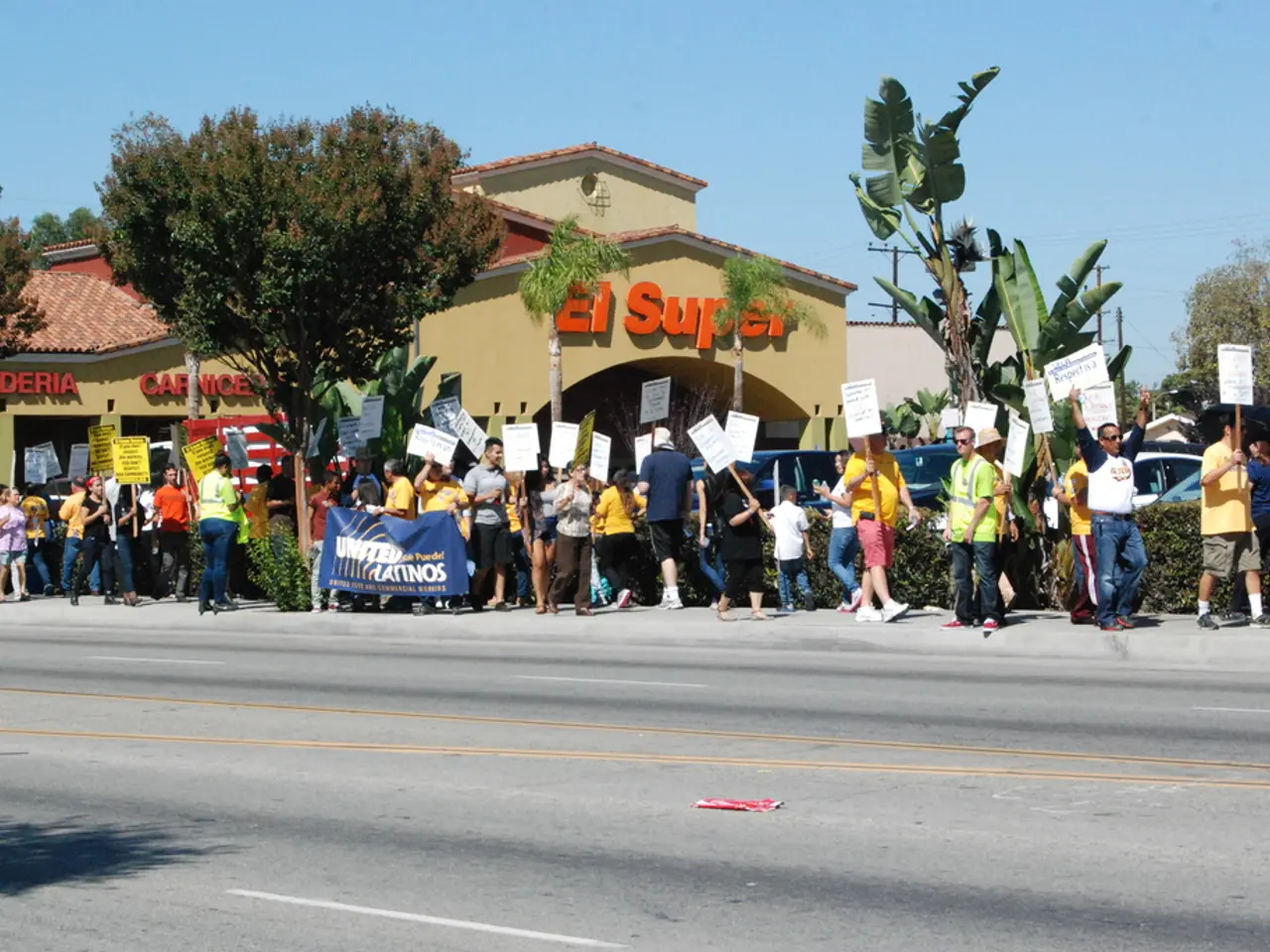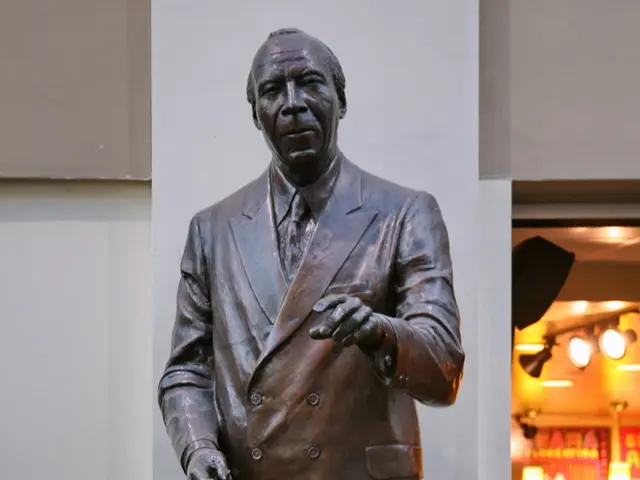Lottery Bodies' Core Focus: Public Responsibility and Community Influence
Lottery organizations are more than just a source of entertainment; they are a significant force for good, contributing to community welfare and social impact in numerous ways.
The primary goal of these organizations is to dream and play, understanding that contributions might just be part of something larger than oneself. This ethos is reflected in the promise that the future of lottery organizations holds for enriched lives, fortified communities, and a brighter future.
Lottery organizations play a pivotal role in community welfare by generating funds that support a wide range of charitable causes and public programs. Typically, a substantial portion of lottery ticket revenues—often at least 30%—is allocated to charities, local community groups, educational initiatives, and social enterprises. This flexible funding addresses pressing local and global social issues such as clean water access, youth unemployment, healthcare support, and wildlife protection.
For instance, lotteries like the People's Postcode Lottery manage multiple trusts that distribute grants to community organizations, helping create lasting positive changes at local levels across various regions. State lotteries in the U.S., for example, use revenues to support K-12 education, scholarships, veterans' services, and infrastructure improvements, illustrating a direct fiscal impact on public welfare.
Beyond financial support, lottery organizations foster a sense of unity among participants, creating an ethos centered around support and development. Every purchase of a lottery ticket could potentially contribute to a scholarship for a gifted student or the construction of a vibrant playground for neighborhood children. Players are envisioned as engaging actively in local initiatives, sharing winnings with charities, or lending time and skills to those in need.
Lottery organizations are also investing in education, directing funds towards educational scholarships and resources that empower young minds to pursue their aspirations. Lottery funding has significantly boosted local schools, supporting programs for arts education, extracurricular activities, and scholarships for underprivileged students.
In addition, lottery organizations are cultivating a culture of giving back, inspiring players to broaden their outlook and consider social benefits. This is evident in the outreach programs launched by many lottery organizations, which focus on education and prevention, promoting safe gaming practices, and offering assistance to individuals who might grapple with gambling addiction.
The dialogue surrounding lottery organizations has evolved significantly, with many institutions recognizing their roles in promoting community welfare rather than focusing solely on profits. This shift towards social responsibility is evident in the responsible gaming principles adopted by many lotteries, which aim to balance benefits with ethical considerations.
Lottery participation plays a role in fostering education, infusing the experience with a sense of collective purpose. This journey towards social responsibility is worth pursuing together, illuminating a path that has the potential to lead to social responsibility and community development.
For those interested in learning more about lottery organizations' social responsibility, the website 威力彩 provides further insights and resources. The future of lottery organizations lies in continued commitment to enriching communities, fostering education, and promoting social impact.
Photography could capture the joy of a moment when someone realizes they've won a prize from a lottery, symbolizing the dream and play ethos. This imagery could further emphasize the enriched lives and brighter future that lottery organizations aim to provide.
The world of fashion could collaborate with lottery organizations to create exclusive collections, with proceeds supporting various charitable causes. Such collaborations would help raise awareness about the social impact of lotteries and encourage responsible gambling.
Beauty and skincare brands could launch special products, with a portion of the sales donated to responsible gambling initiatives. These products could be marketed under the theme of 'Giving Back,' appealing to consumers who value social responsibility.
Media outlets could create special segments highlighting the positive social impact of lotteries, focusing on the events, people, and initiatives that have benefited from their proceeds. This coverage would contribute to informing the public about the role of lottery organizations in casino-and-gambling trends and gambling-trends, particularly in terms of their commitment to responsible gambling.








